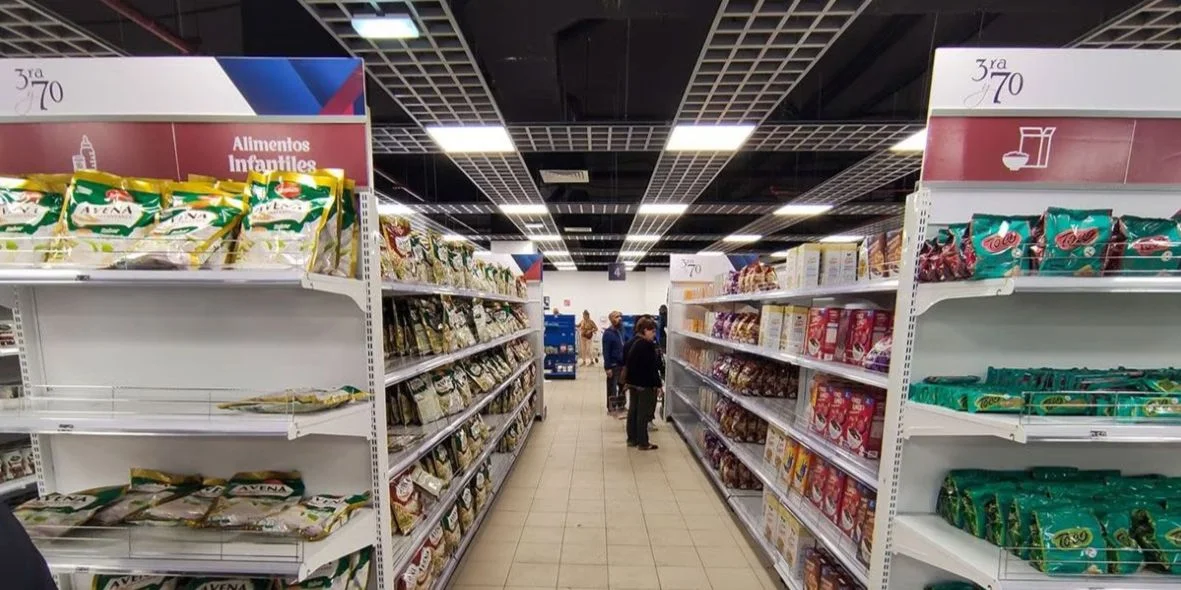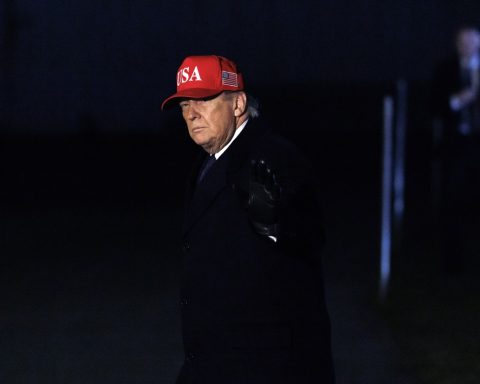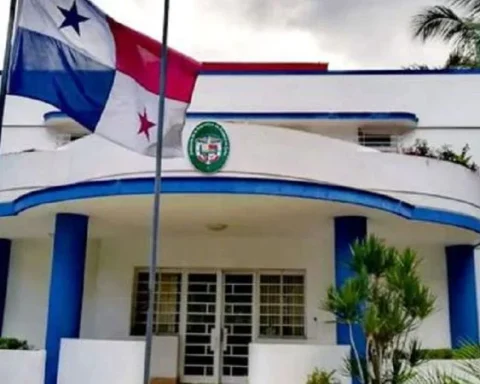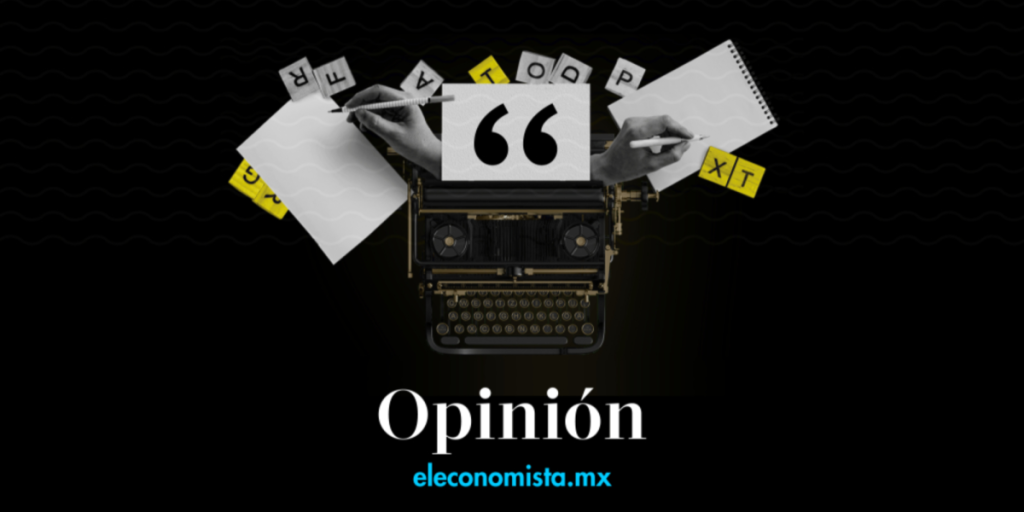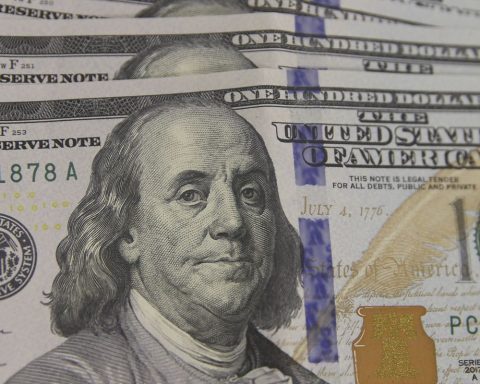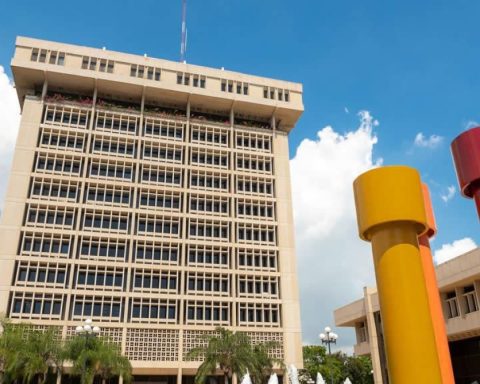Miami, United States. – The recent decision of the Ministry of Internal Commerce (MINCIN) to expand the wholesale and retail trade in currencies has fueled the debate on the growing dollarization of the Cuban economy. During the issuance of the official program Round table From this Wednesday, Aracelys Cardoso Hernández, Vice Minister of the sector, presented the foundations of this policy, which seeks to attract foreign investments and capture currencies to reapprove the market in national currency.
However, for the economist Pedro Monreal, this approach deepens the inequalities and further weakens the already deteriorated monetary policy of the country. In A series of publications in the social network XMonreal criticized what he considers a “new twist to dollarization in Cuba”, warning that the measure benefits large state companies to the detriment of the rest of the economic actors and the population that only has access to the Cuban weight.
Expansion of foreign exchange trade: a regime’s commitment
Vice Minister Cardoso Hernández recognized during his speech that the offer in national currency is insufficient due to the contraction of production and the lack of currency to reappropriate the market. As he explained, the Government has approved to date 15 wholesale and retail marketing businesses in foreign exchange, eight of which are linked to the Mining Business System.
“Currency trade will guarantee the supply of raw materials and supplies that foster national and local production,” said the official, adding that essential products such as food, hygiene items and household supplies will be prioritized.
One of the most ambitious projects in this process is Mercalhabana SA, a mercantile society created to manage wholesale and retail businesses, with a logistics infrastructure that includes 22 wholesale companies and refrigerated warehouses. According to Yaimara Pérez Barrera, vice president of the company, the objective is to attract foreign investment and optimize logistics costs to offer “competitive” prices to consumers.
Another of the outstanding initiatives is Alma Caribe SA, a mixed company with foreign participation that plans to open 50 stores in the country (48 of them will be new constructions). Its Cuban manager, Sonia Rivero Batista, explained that the initial plan contemplates the sale of food and currency hygiene products, with the expectation of diversifying the offer in the future.
“Internal trade in national currency is and will continue to be a majority in our country. The population must have confidence, ”said Cardoso Hernández, insisting that currency marketing is a temporary and transitory measure to capture resources that allow sustaining the social programs of the State.
An “unequal” and “ineffective measure“
The economist Pedro Monreal harshly questioned the government strategy, arguing that the partial dollarization of the economy not only further segments the market, but also aggravates social inequalities.
In his analysis, the specialist warned that the Mincin is actively added to the replacement of Cuban weight by currencies, without addressing the underlying problem: low wages and pensions in national currency. “Dollarization does not solve these structural problems,” he said.
The expert also questioned the official justification that the collection in foreign exchange will improve the offer in national currency. According to Monreal, this idea “has already been discredited by recent practice”, because instead of allocating the income obtained to reapplacement with the market in Cuban pesos, the government prioritizes investment in dollar commercial infrastructure.
Another worrying aspect, according to the economist, is the statement that the wholesale trade in foreign exchange will guarantee supplies to promote national production. Monreal said that this type of productive chain requires additional factors, such as a stable energy supply and real incentives for producers, conditions that the country is not fulfilling.
“It is tried to sell a virtuous circle of dollarized collection, sale of currency supplies and promotion of production, when the failure of the state company scheme is already known Gelma In their sales sales to agricultural producers, ”he said.
1/11 In a new twist to dollarization in Cuba, the Ministry of Internal Commerce (MINCIN) vigorously adds to the replacement of the Cuban weight with currencies, segmenting markets, weakening monetary policy and favoring inequalities pic.twitter.com/M4BWNXKTJR
– Pedro Monreal (@pmmonreal) February 6, 2025
Monreal also questioned the expansion of trade in dollars as a mechanism to capture remittances, suggesting that the measure seeks, rather, to redirect that income from the informal exchange market to the large state “holdings”. “It’s not about promoting remittance reception, but about controlling their destiny,” he said.
In addition, the economist stressed that dollarization strengthens state control over domestic trade, excluding private actors from the business. “Not only are the private ones excluded from wholesale trade, but the profitable dollar retail trade is monopolized by few Holdings state, ”he denounced.
Finally, Monreal warned about the contradiction of official discourse, which on the one hand presumes “flexibility” and “foreign investment attraction”, while maintaining a strong state control over trade. “It is not clear what those ‘competitive prices’ that are mentioned could be,” he concluded.
